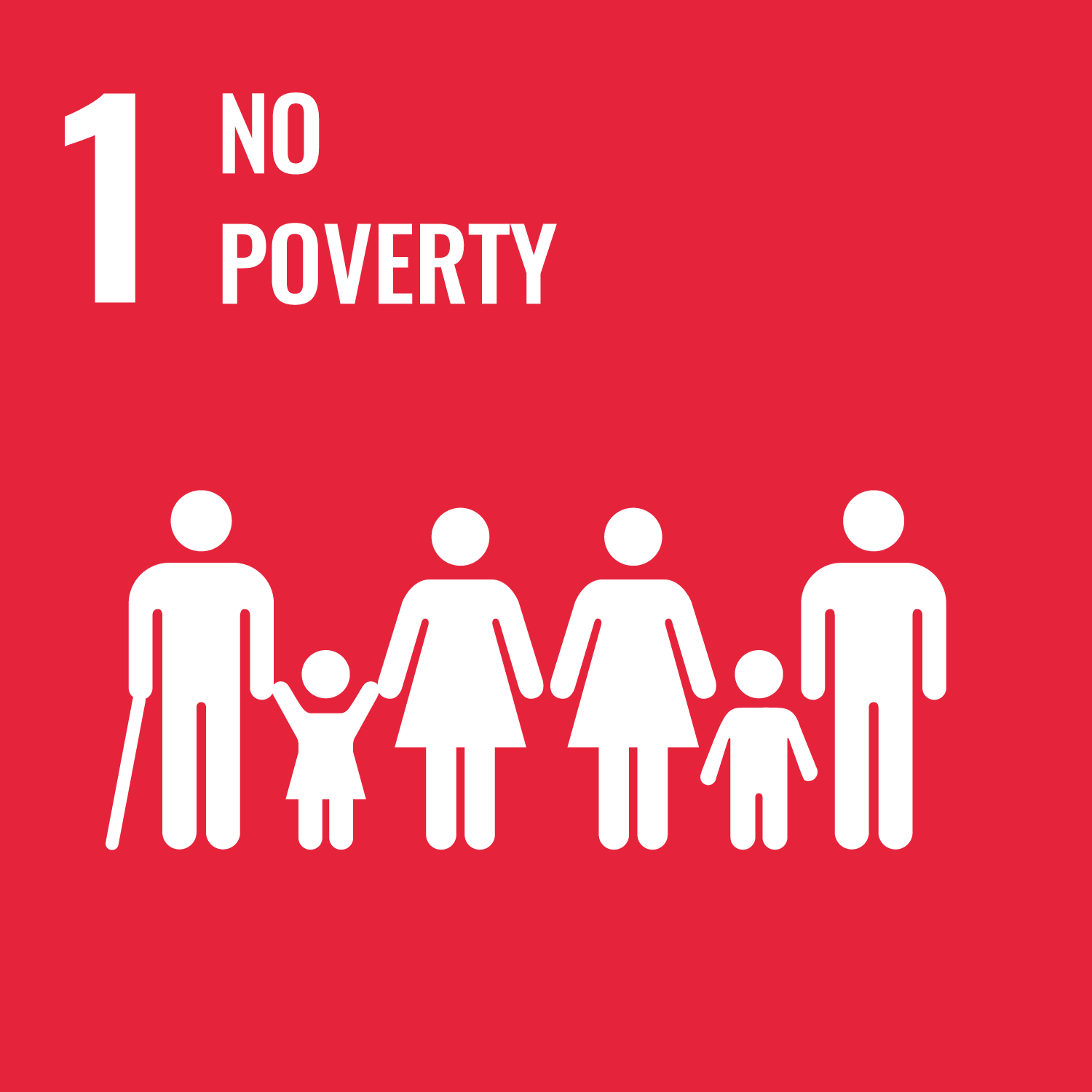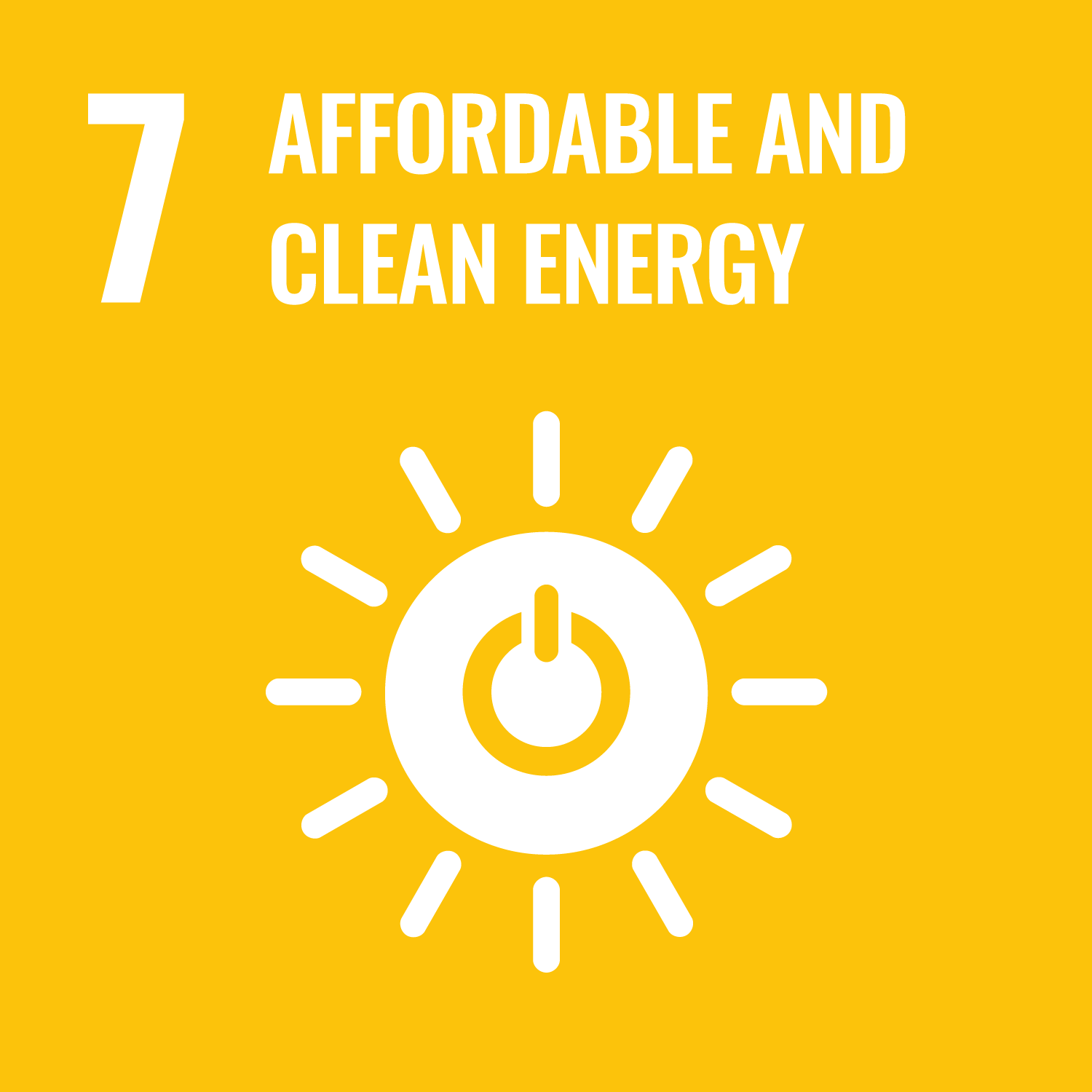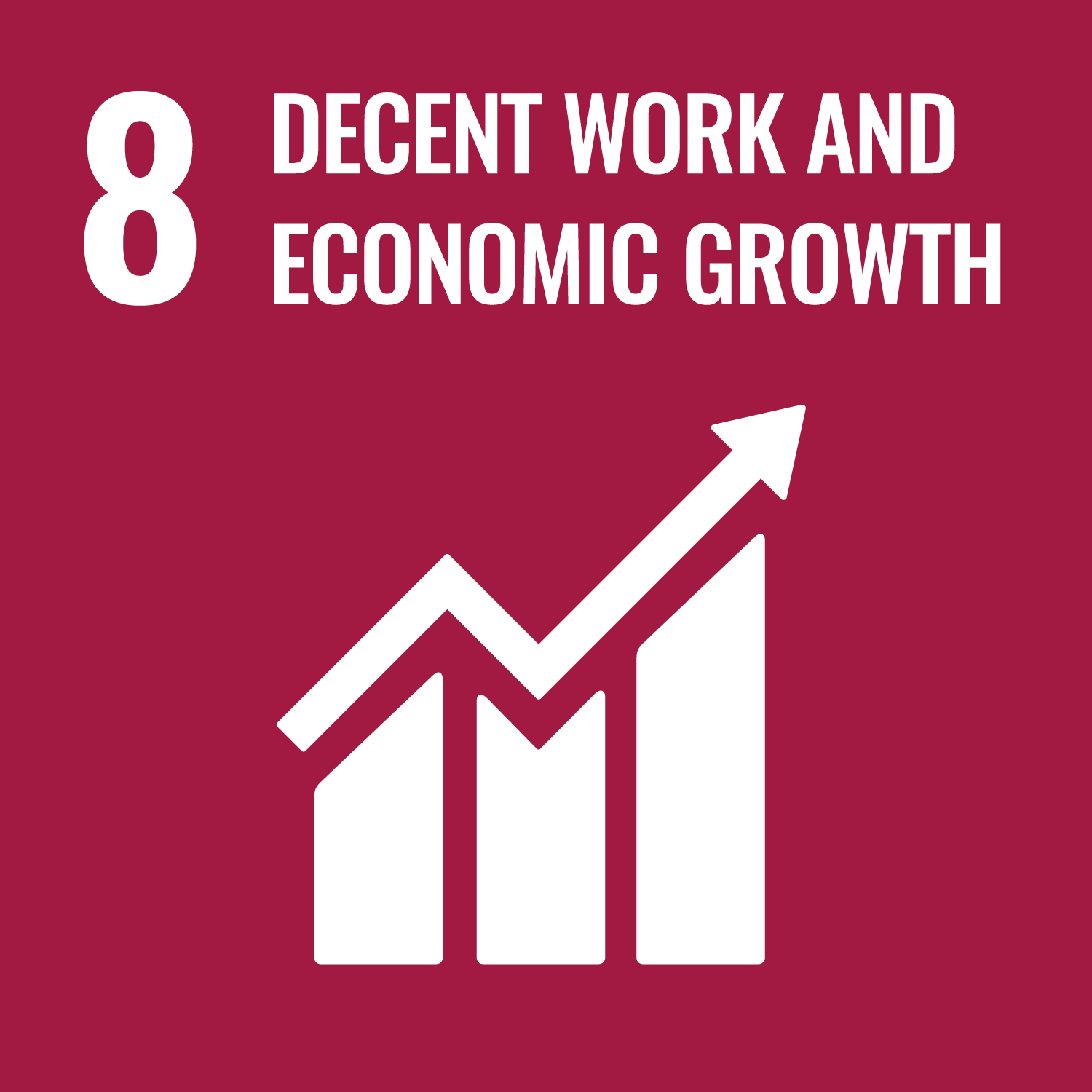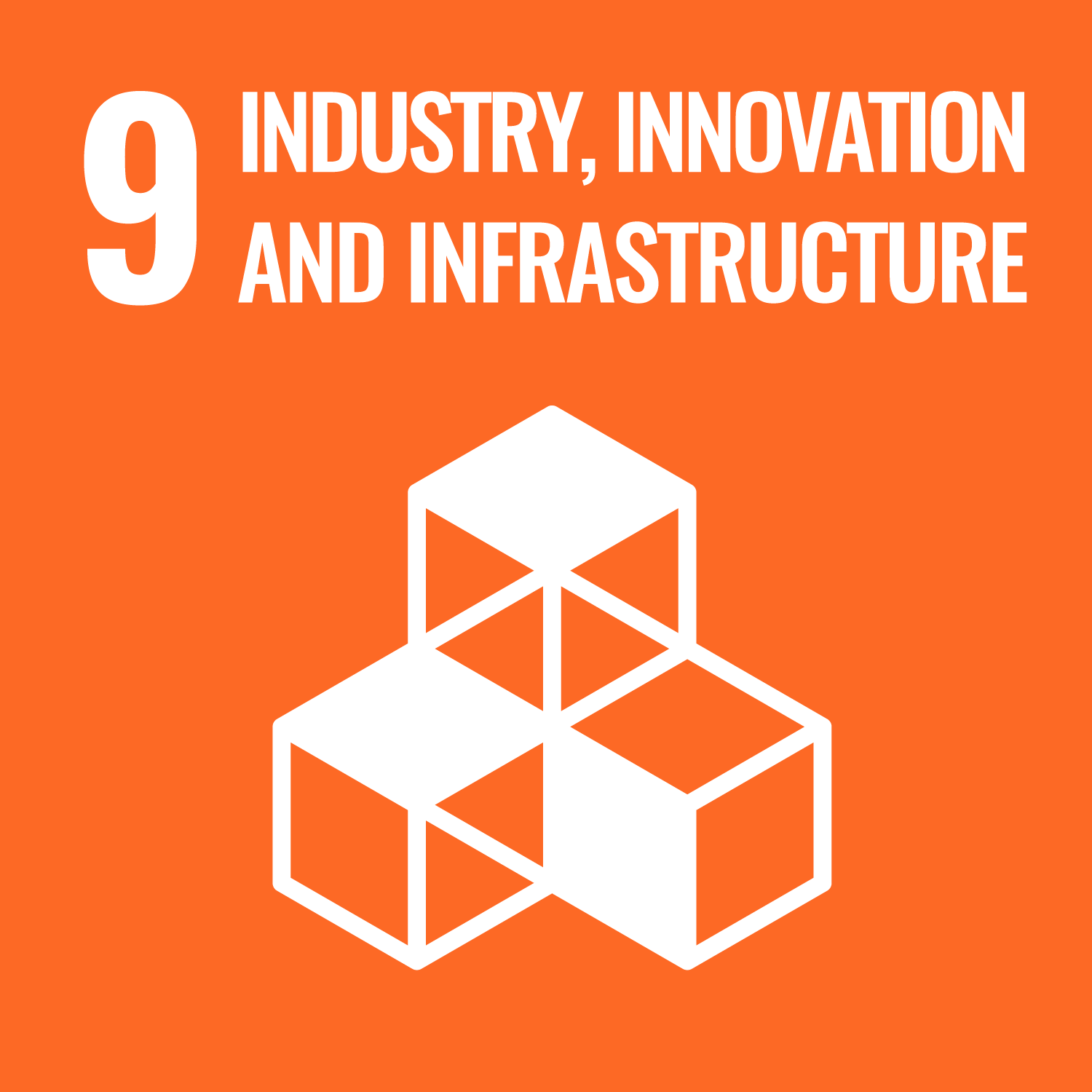Interested in this fund?
Log in or create an account to request more information.
Gain a deeper and comprehensive understanding of how this fund generates positive impact in the themes and SDGs that matter to you, with insights provided by our dedicated team of expert analysts, and receive notifications about new available impact products, exciting investment opportunities, and relevant updates in the world of impact investing.
Fund geography
Emerging countries (256) / Africa (127) / Middle Africa (17) / Central African Republic (2)
Central Africa SME Fund (CASF) is an investment fund investing in small and medium-sized enterprises (SMEs) in the Democratic Republic Congo (DRC) and the Central African Republic (CAR). The Fund believes in achieving sustainable economic development by encouraging entrepreneurship in the fast growing markets of DRC and CAR. Currently, many opportunities in these countries remain unexploited due to the lack of risk capital and support. The multiplier impact of such entrepreneurial endeavours creates jobs and income. In most cases, entrepreneurs create businesses with regional growth prospects. The Central Africa SME Fund is a US$ 19m fund. Current investors are: IFC, FMO and Lundin Foundation. 80% of the fund will be invested in DRC and 20% in CAR. The fund provides risk capital to ca. 30 companies with an investment size in the range of US$ 100k to max US$ 1 mln.
Asset class
Fund status
Fund style
Financial description
The target gross IRR for the Fund's overall portfolio is 25 per cent per annum, and the target net IRR to its investors is 16 per cent per annum in USD terms, net of fees, expenses and carried interest.Hurdle rate is 4%.
15 years
of track record
2010
the year funded
25,000,000 USD
AUM
Interested in this fund?
Log in or create an account to request more information.
Gain a deeper and comprehensive understanding of how this fund generates positive impact in the themes and SDGs that matter to you, with insights provided by our dedicated team of expert analysts, and receive notifications about new available impact products, exciting investment opportunities, and relevant updates in the world of impact investing.
Asset manager
XSML
Headquarters location: Netherlands
Other funds managed by this asset manager: African Rivers Fund
SDG goals
SDG targets
Equal rights to ownership basic services technology and economic resources
Universal access to safe and nutritious food
Universal access to modern energy
Increase global percentage of renewable energy
Expand and upgrade energy services for developing countries
Full employment and decent work with equal pay
Increase access to financial services and markets
Key performance indicators
Fund overview
Asset manager: XSML
Product track record: Fund has 15 years of track record
Target IRR: 16%
Committed Capital: 19,190,000 USD (US Dollar)
Target return category: Risk-adjusted market-rate of return
Fund domicile: Netherlands
Product status: Closed - no longer investing
Style/Stage: Growth Stage, Mezzanine Finance
Inception year: 2010
Vintage year: 2011
Target region: Africa, Central African Republic, Emerging countries, Middle Africa
Target close date: 01/11/2015
Product term: 10 year term
Assets under management: 25,000,000 USD (US Dollar)
Investment size: Min: 100,000; Max: 500,000; Avg: 350,000
Co-investment policy: LPs have priority, With LPs and non-LPs
Currency of investments: USD (US Dollar)
Currency for fund / product figures: USD (US Dollar)
Fund investments to date: 32
Fund investments to date exited or repaid: 4
Management fee: 4.25%
Carried interest: 20%
Hurdle rate: 4%%
GIIN Investors' Council Investment: Yes
Limited Partners / Investors: IFC, FMO, Lundin Foundation
Limited Partner / Investor Type: Development Finance Institution (DFI), Endowments/Foundations, Family Office, Other Institutional Investors
Contact
E-mail: n.a.
Website: http://www.xsmlcapital.com
Phone number: 31852736059.00
If you wish to have your details removed from this database please email gdpr@impactyield.com
Impact Performance
n.a.
Impact thesis
SMEs are the backbone of economies, worldwide. SMEs represent the dominant form of business organization worldwide, representing a total of 95% to 99% of enterprises. OECD and other studies show that SMEs account for two-thirds of private sector development; they are the primary source of job creation. SMEs are underserved by financial products. The private sectors of many emerging economies today are hindered by a "Missing Middle". Investors dedicate most of their efforts to either large corporations of over 500 employees or very small businesses with (less than) five employees; between these two extremes lies the small- and medium-sized enterprise (SME) sector with businesses that employ between 10 and 100 people. SMEs are often seen as being too minute to serve as significant drivers of economic growth, yet too large to benefit from microfinance institution schemes such as joint-liability programs
Impact Management
n.a.











